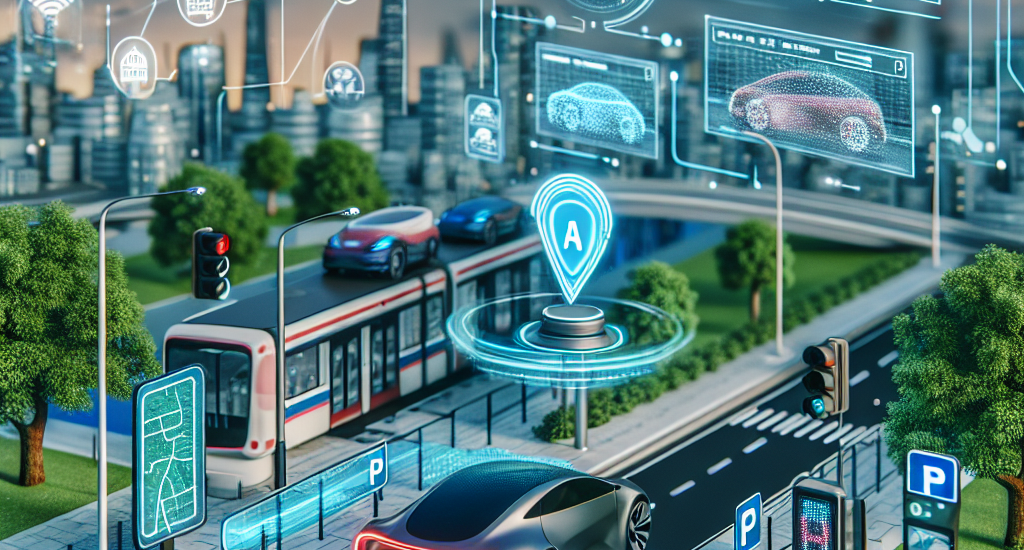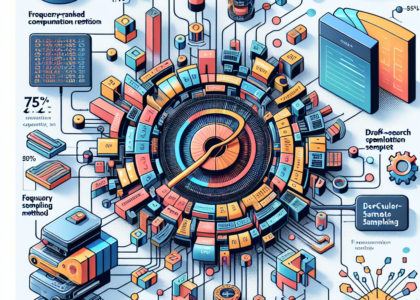Authors: Ritwik Raj Saxena
Abstract: Existing research on AI-based traffic management systems, utilizing
techniques such as fuzzy logic, reinforcement learning, deep neural networks,
and evolutionary algorithms, demonstrates the potential of AI to transform the
traffic landscape. This article endeavors to review the topics where AI and
traffic management intersect. It comprises areas like AI-powered traffic signal
control systems, automatic distance and velocity recognition (for instance, in
autonomous vehicles, hereafter AVs), smart parking systems, and Intelligent
Traffic Management Systems (ITMS), which use data captured in real-time to keep
track of traffic conditions, and traffic-related law enforcement and
surveillance using AI. AI applications in traffic management cover a wide range
of spheres. The spheres comprise, inter alia, streamlining traffic signal
timings, predicting traffic bottlenecks in specific areas, detecting potential
accidents and road hazards, managing incidents accurately, advancing public
transportation systems, development of innovative driver assistance systems,
and minimizing environmental impact through simplified routes and reduced
emissions. The benefits of AI in traffic management are also diverse. They
comprise improved management of traffic data, sounder route decision
automation, easier and speedier identification and resolution of vehicular
issues through monitoring the condition of individual vehicles, decreased
traffic snarls and mishaps, superior resource utilization, alleviated stress of
traffic management manpower, greater on-road safety, and better emergency
response time.
Source: http://arxiv.org/abs/2412.12046v1





